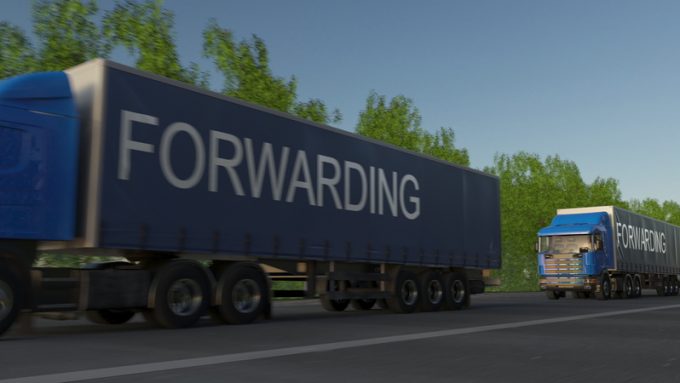Port single windows will cut 'unfair' box line levies
The deployment of digital ‘single windows’ in ports has the potential to bring considerable improvements ...

Digital disruptors will no more kill-off today’s forwarding sector than the advent of European rail did in the 1800s, according to director general of the British International Freight Association (BIFA), Robert Keen.
Mr Keen said it was simply “PR puff” to claim, as new ’digital’ forwarder Beacon did yesterday, that the acceleration of digitalisation resulting from Covid-19 makes the future of the traditional freight forwarder more ‘precarious’ than ever.
“Over the past five years, I have read reports that suggest the rise ...
'Disastrous' DSV-Schenker merger would 'disrupt European haulage market'
New senior management for DSV as it readies for DB Schenker takeover
Volumes set to 'fall off a cliff' as US firms hit the brakes on sourcing and bookings
Asian exporters scramble for ships and boxes to beat 90-day tariff pause
Amazon pushes into LTL for small package fulfilment and UPS does a u-turn
Temporary tariff relief brings on early transpacific peak season
Pre-tariff rush of goods from US to China sees air rates soar, but not for long
Forwarders 'allowing the fox into the chicken run' by supporting 'hungry' carriers

Comment on this article
Pichuiyer Balasubramanian
June 03, 2020 at 3:08 amIf this is true, then why IATA E AWB adoption globally still stays at a pathetic 68%? Let us not kid ourselves that we fully ‘adapt’ to technology – we are not. We seem to be happy for us to order stuff from our smart phone and our kids do it all the time but when it comes to business…… we seem to have a different yardstick. We still need to look at the mirror and answer. I hope we do.
Tommy
June 07, 2020 at 8:06 amNandbala,
The 68% is not due to technology.